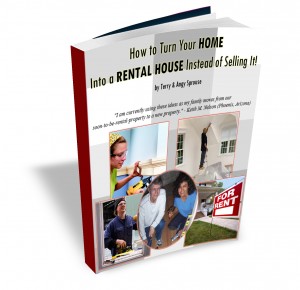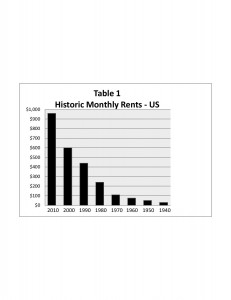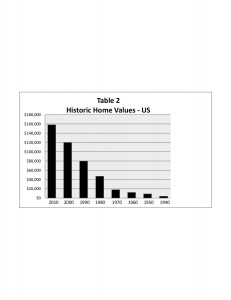I’m pleased to announce that the book that Angy and I recently authored:
“Turn Your Home Into a Rental House, Instead of Selling It!” is the winner of the 2013 USA Best Book Award: Real Estate Category. Here is a link to the contest web page.
The USA Book News Press Release:
| For Immediate Release November 2013Contact: USA Book News E-mail USA Book News
|
USA BOOK NEWS
ANNOUNCES
WINNERS AND FINALISTS
OF
BEST BOOK AWARDS
MAINSTREAM & INDEPENDENT TITLES SCORE TOP HONORS
in the 10th ANNUAL USA BEST
BOOKS AWARDS
LOS ANGELES –USABookNews.com, the premier online magazine featuring mainstream and independent publishing houses, announced the winners and finalists ofTHE 2013 USA BEST BOOKS AWARDS on November 14, 2013. Over 400 winners and finalists were announced in over 100 categories. Awards were presented for titles published in 2012 and 2013. Jeffrey Keen, President and CEO of USA Book News, said this year’s contest yielded over 1500 entries from mainstream and independent publishers, which were then narrowed down to over 400 winners and finalists.
Highlights include the following Award-Winning Titles: (Fll results listing available on USABookNews.com)Animals/Pets: GeneralChasing Doctor Dolittle: Learning the Language of Animals by Con Slobodchikoff, PhD Autobiography/Memoirs IMPOSSIBLE ODDS: The Kidnapping of Jessica Buchanan and Her Dramatic Rescue by SEAL Team Six by Anthony Flacco with Jessica Buchanan & Erik Landemalm Business: Real EstateTurn Your Home into a Rental House Instead of Selling It by Terry Sprouse and Angy Sprouse
|












